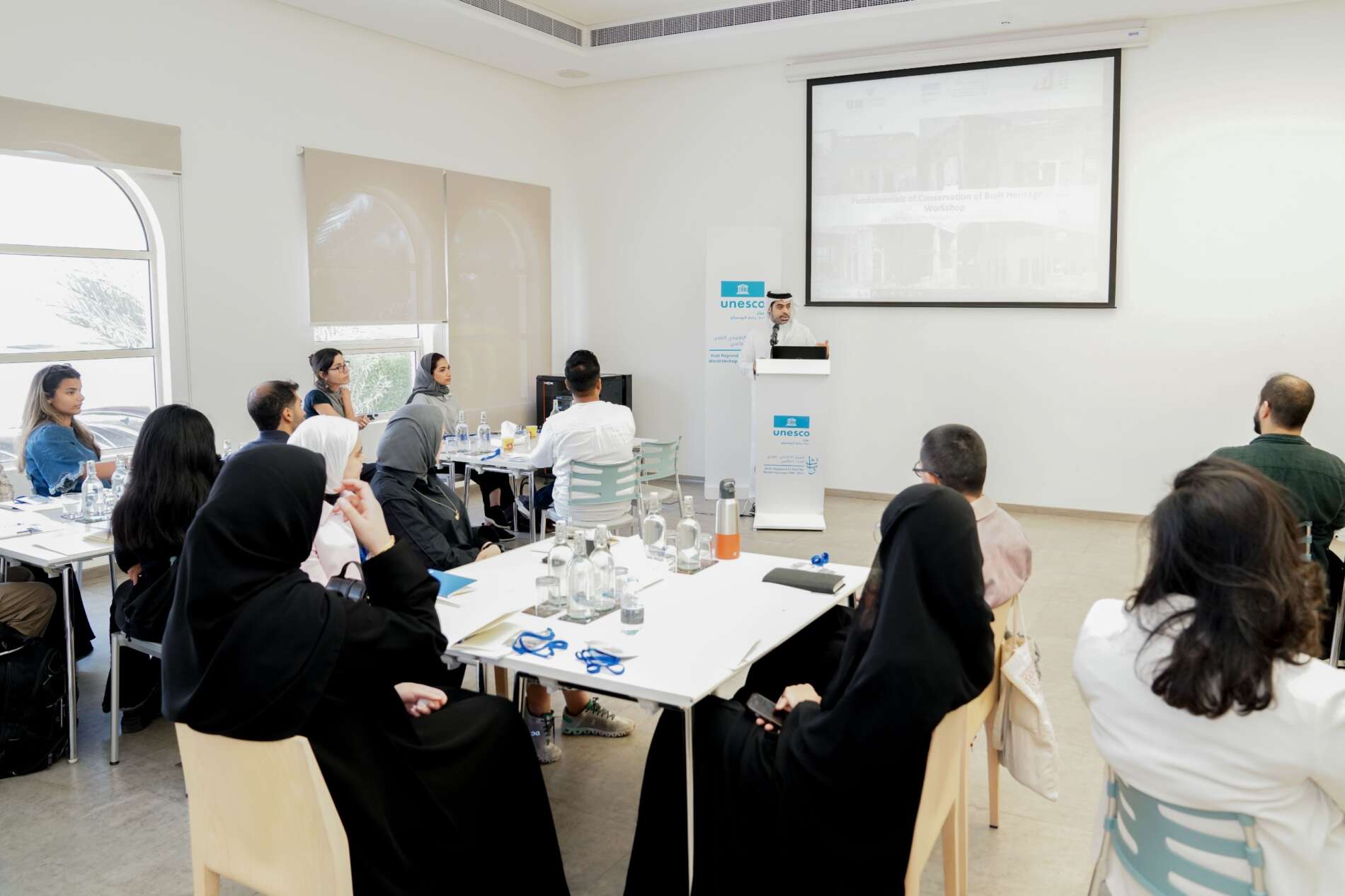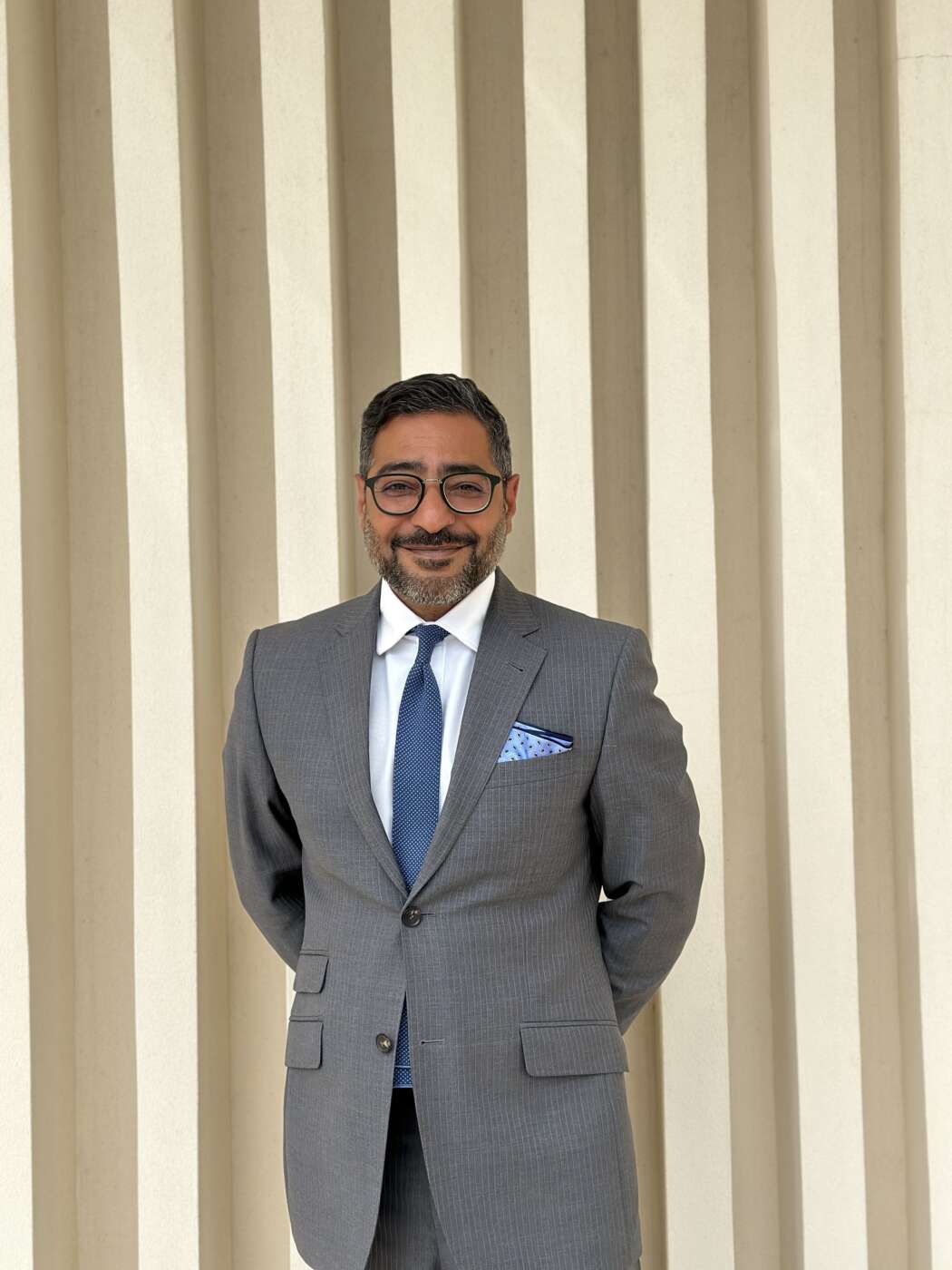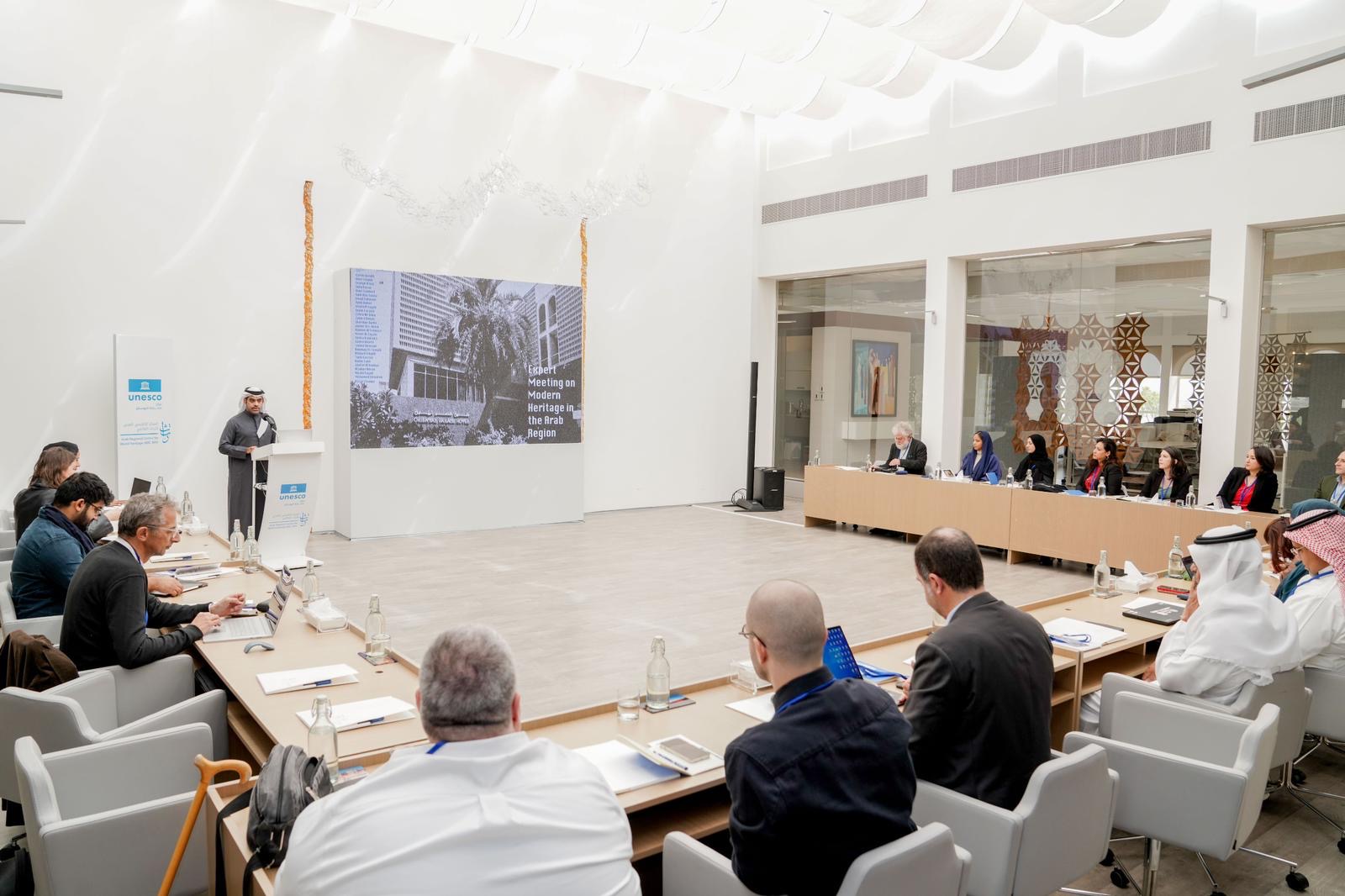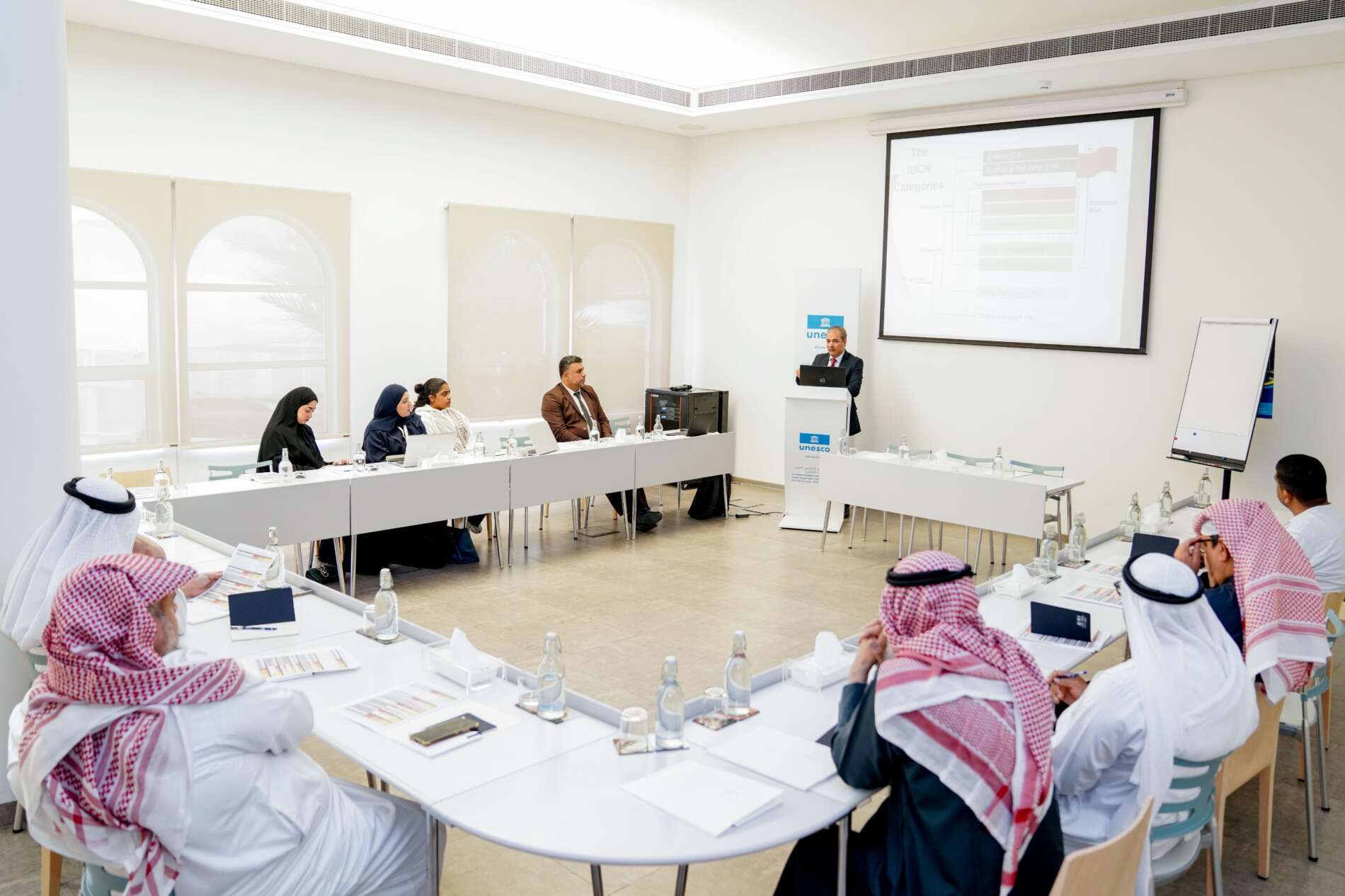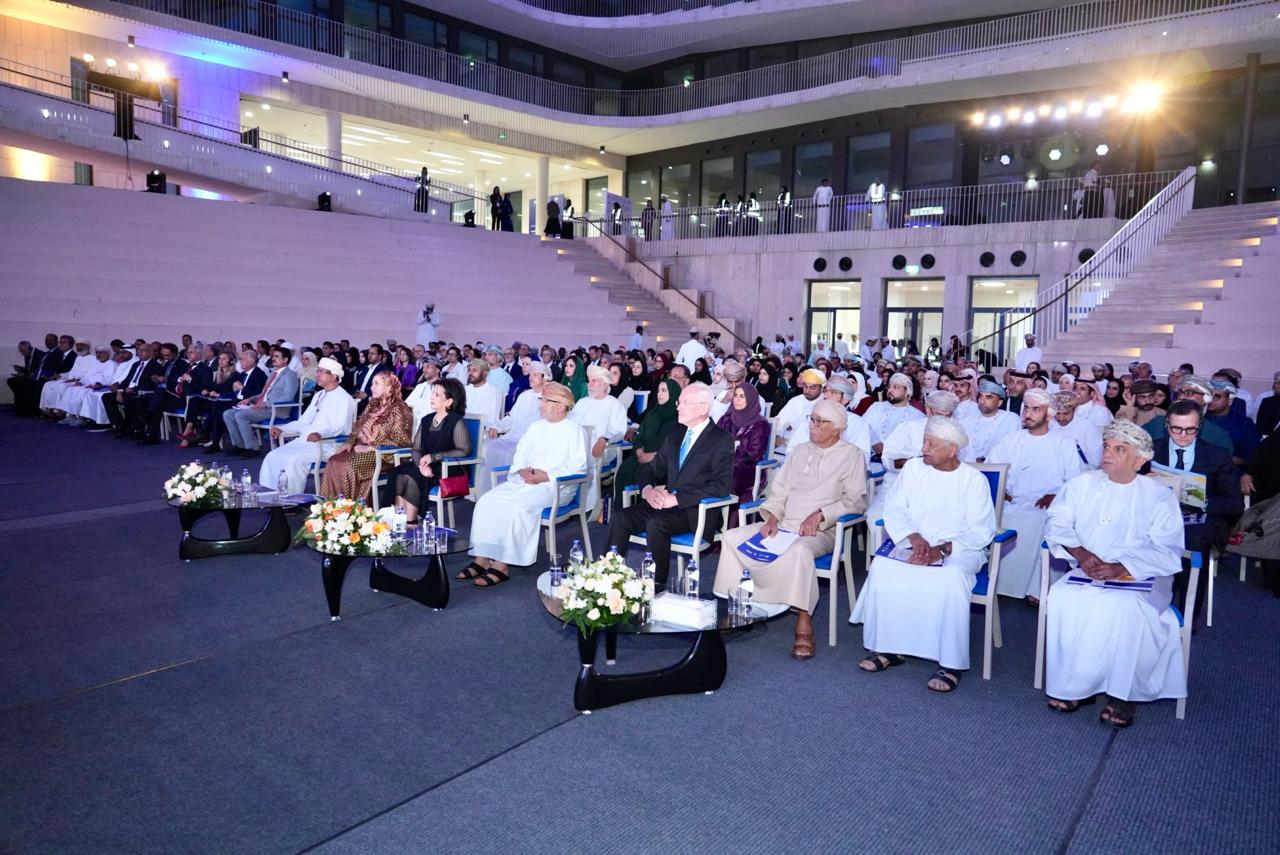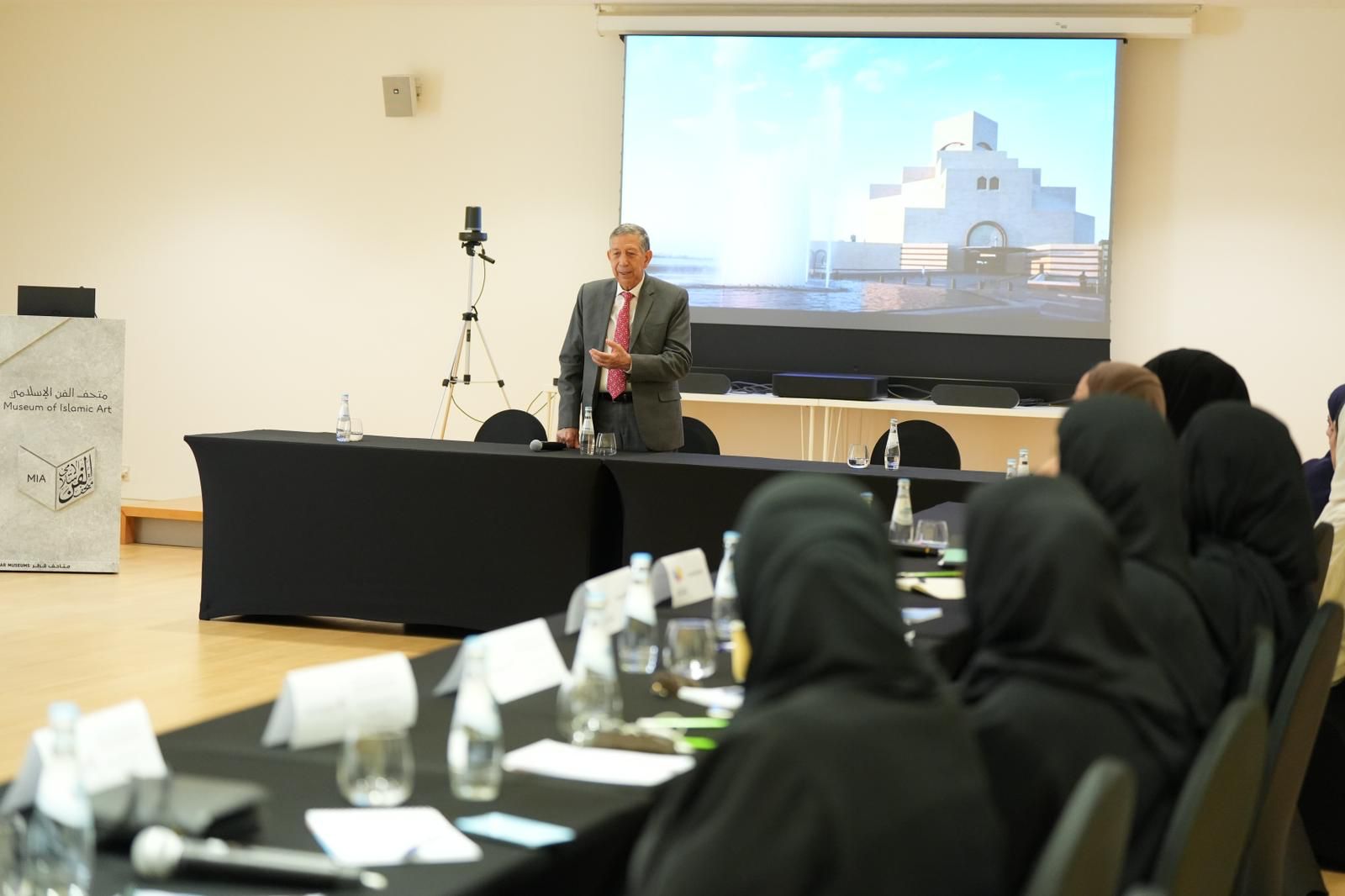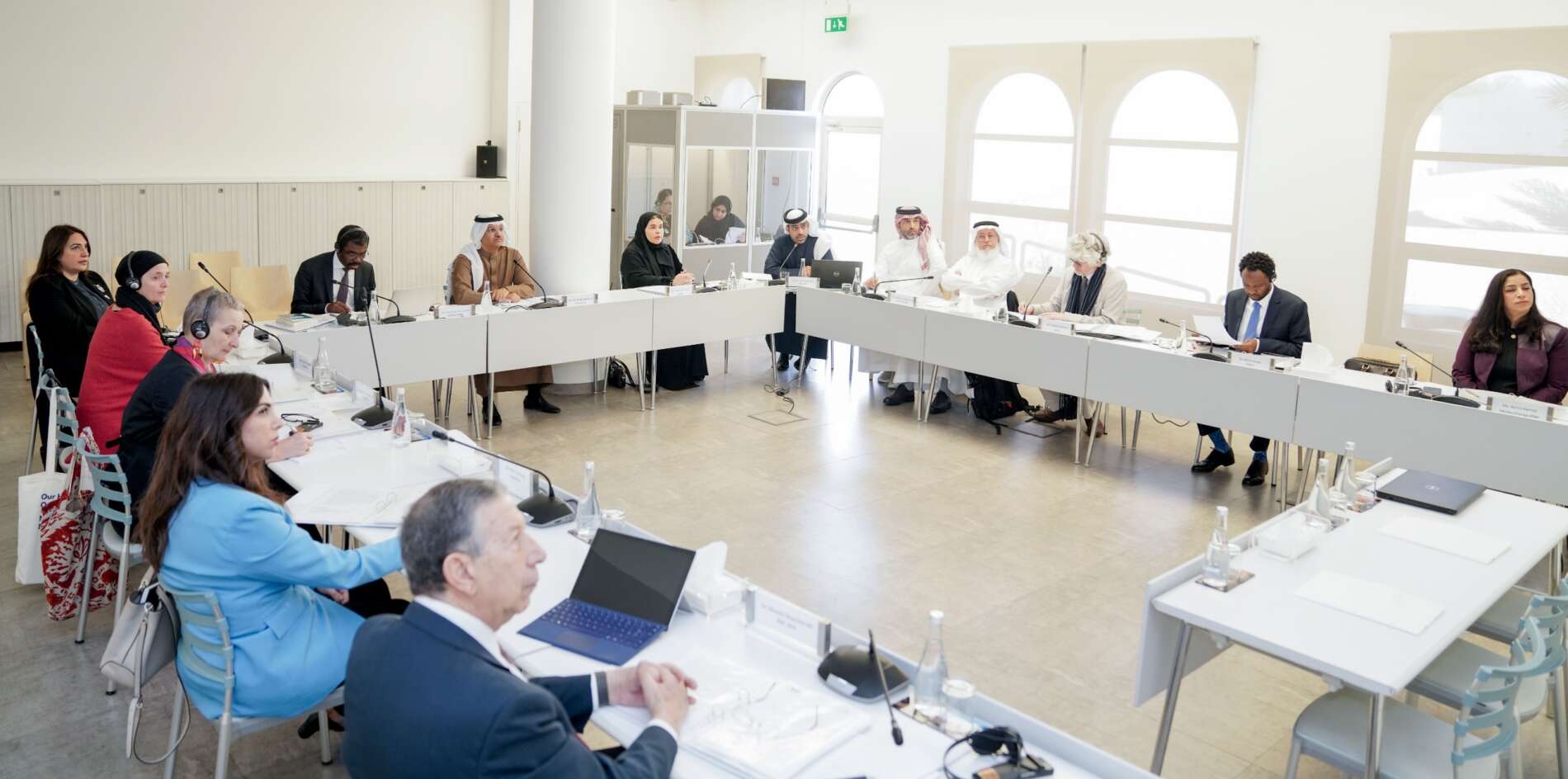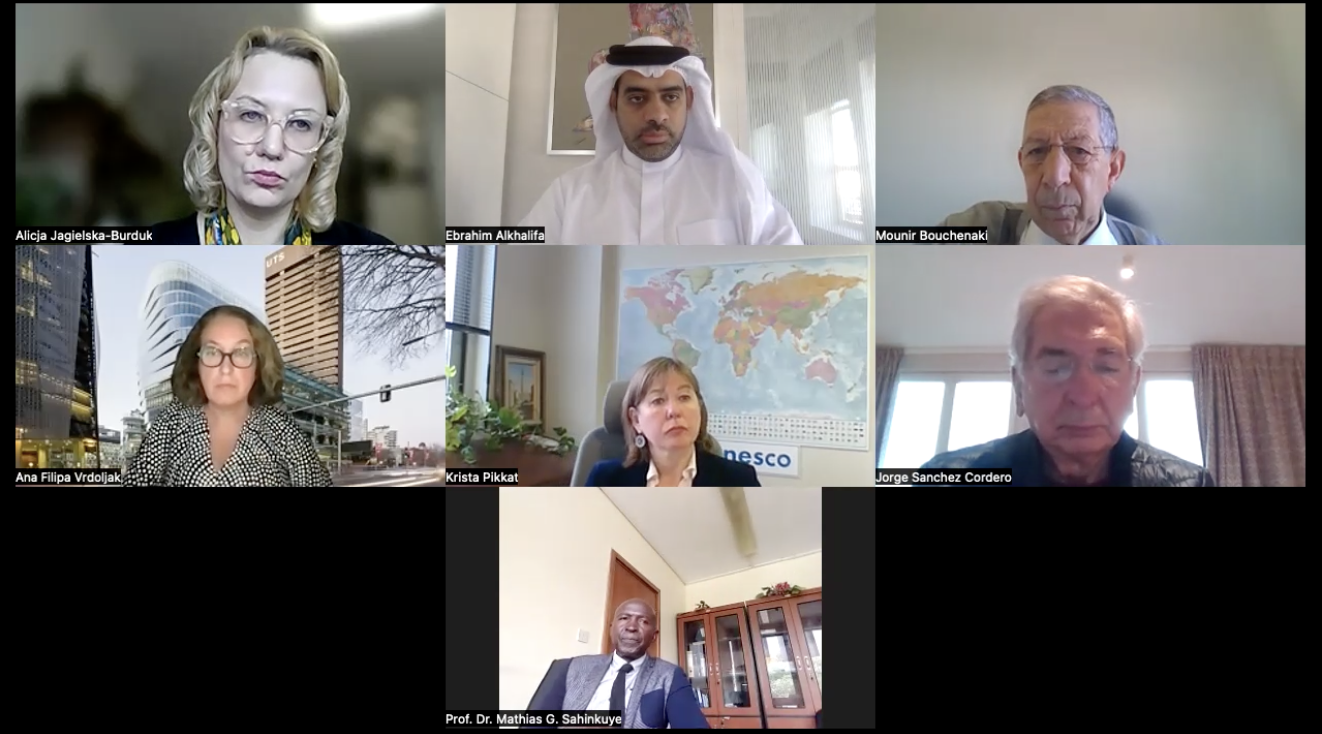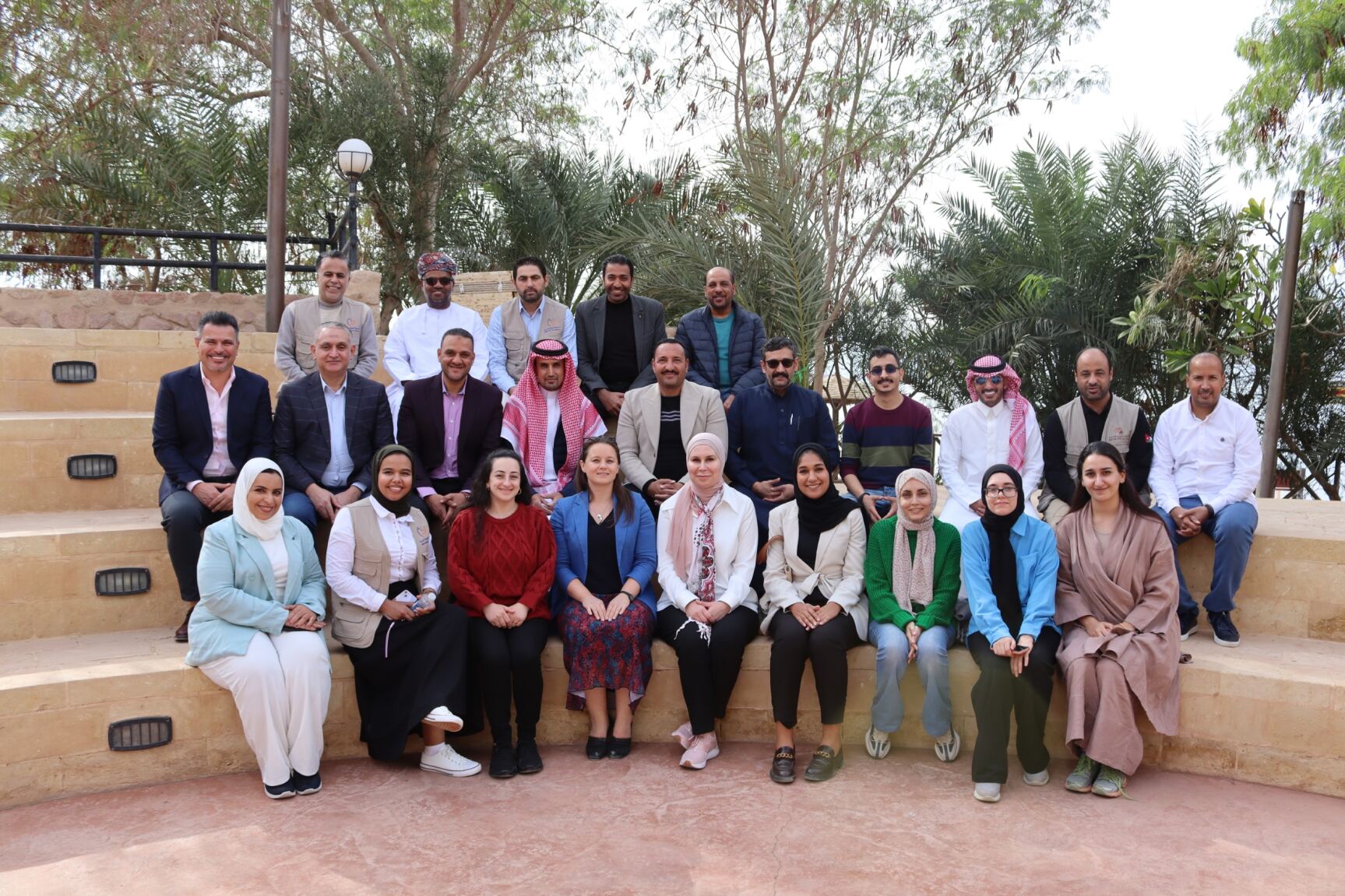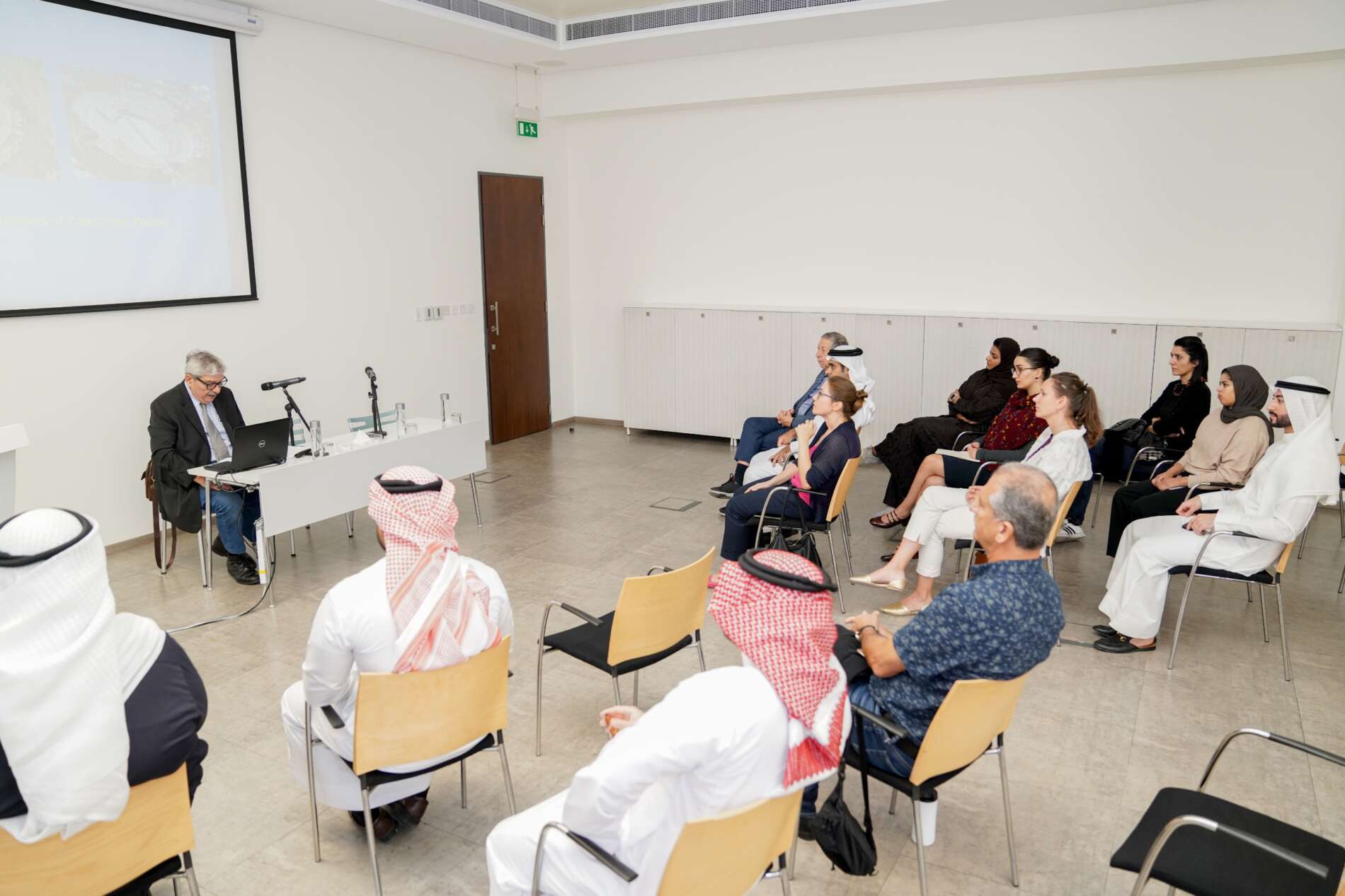
ARC-WH Invites Professor Stefano De Caro to Deliver a “Seminar on Preventive Archaeology”
On 12 December 2023, the Arab Regional Centre for World Heritage (ARC-WH) hosted a seminar in Manama, Kingdom of Bahrain, featuring a lecture by Professor Stefano De Caro, former Director General of the International Centre for the Study of the Preservation and Restoration of Cultural Property (ICCROM) and former Director General for Archaeology in the Italian Ministry of Heritage. The seminar, titled “Preventive Archaeology Seminar,” focused on heritage preservation, with a special emphasis on Italian archaeological sites of Pompeii and Herculaneum, both World Heritage sites.
Professor De Caro began by outlining the initial excavations at these sites, which were initiated by antiquities enthusiasts rather than government officials. This early archaeological interest was particularly prevalent among the aristocracy of the United Kingdom and other European nations, such as Germany and France, during the late 18th and 19th centuries, a period marked by a growing fascination with Greek and Roman antiquities and the rise of Romanticism. It was also the period of the “Grand Tour” in Italy.
Government-sanctioned excavations in Italy began in the early 20th century. The Professor highlighted the unique challenges faced by Pompeii and Herculaneum, sites that were buried under the ashes of Mount Vesuvius in 79 AD and known only through small pits for centuries. Systematic excavations later revealed much of their structure.
He also discussed the impact of socioeconomic developments in Italy between the World Wars, including the construction of new infrastructure over parts of these archaeological sites. Post-World War II, the Italian Ministry of Culture enacted laws prohibiting the sale or export of artifacts and monument replicas from Pompeii to Western European nations.
Professor De Caro noted that museums like the Metropolitan in New York, the British Museum in London, and the Louvre in Paris display reconstructions of Pompeian-style houses and artifacts. He emphasized that current Italian law restricts excavations to professionals and outlined two types of archaeological interventions in Italy: those on public land and preventive archaeology on private land where development is planned. He cited examples of infrastructure projects like a highway between Pompeii and Herculaneum and a railway from Rome to Salerno crossing the sites, explaining that preventive archaeology in Italy often involves negotiations between project owners and archaeologists, a process not always conducive to optimal site protection due to development pressures.
The seminar concluded with participants comparing European and Bahraini legislation and discussing the challenges posed by economic development to the preservation of archaeological sites in Bahrain.

